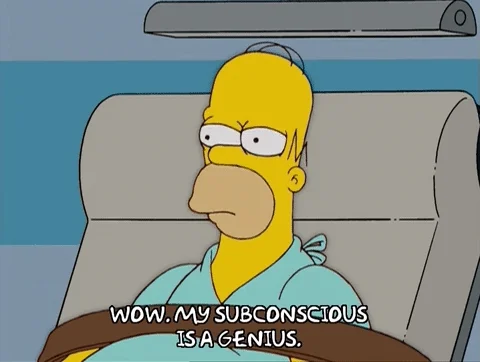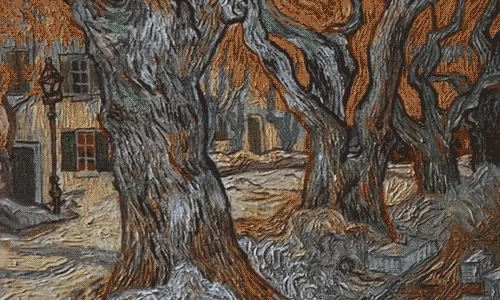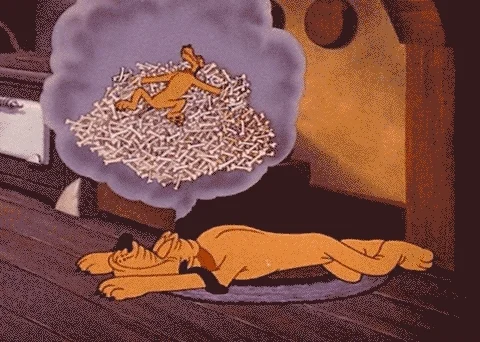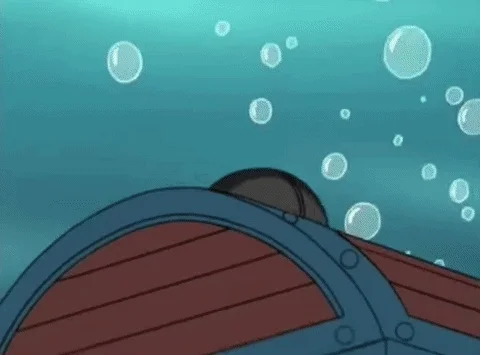
This logo isn't an ad or affiliate link. It's an organization that shares in our mission, and empowered the authors to share their insights in Byte form.
Rumie vets Bytes for compliance with our
Standards.
The organization is responsible for the completeness and reliability of the content.
Learn more
about how Rumie works with partners.
Ever found yourself arriving at a destination without remembering the journey?

Some people call this "auto-pilot mode". That's your subconscious skillfully handling routine tasks while your conscious mind wanders.
Dreams, meanwhile, are an example of unconscious behavior.

But what really sets the subconscious apart from the unconscious?
Understanding these concepts can empower you to uncover hidden potentials and navigate your inner world more consciously.
Defining the Subconscious
The subconscious mindrefers to the part of our mental activity that occurs below the level of conscious awareness.
It holds our memories, beliefs, and emotions that influence our thoughts and behaviors.
Imagine your mind as an iceberg, with the tip being your conscious mind and the rest submerged beneath the surface.

Consider the above example of driving home and arriving without remembering the exact details of the journey.
It happened because your subconscious mind took over, navigating the familiar route while your conscious mind may have been lost in thought or focused on something else.

Understanding the Unconscious
The unconscious mind, on the other hand, refers to the deepest part of our psyche that stores repressed memories, instincts, and desires.

It operates beyond our conscious control and is often associated with dreams, fantasies, and irrational behaviors.
Have you ever experienced a vivid dream that seemed to tap into your deepest fears or desires?

Dreams are often considered a window to the unconscious, where our mind communicates in symbols and narratives that our conscious self may not recognize.
It's your unconscious mind at work, expressing thoughts and emotions that may not readily emerge during your waking hours.
Did you know?
Sigmund Freud, the father of psychoanalysis, introduced the concept of the unconscious mindas a reservoir of feelings, thoughts, urges, and memories that are outside of our conscious awareness. According to Freud, most of the contents of the unconscious are unacceptable or "unpleasant, such as feelings of pain, anxiety, or conflict."
Differentiating Between Subconscious vs Unconscious
While the subconscious and the unconscious are interconnected, they have distinct characteristics.
The subconscious operates just below the surface, readily accessible with awareness, while the unconscious remains hidden and requires deep exploration to uncover.

To put it simply, the subconscious is like a personal assistant, always working in the background, whereas the unconscious is more like a hidden treasure chest, holding secrets and untapped potential.

Subconscious vs Unconscious: Examples
Subconscious
Driving a familiar route: When you drive a familiar route, you might not be consciously aware of every turn you take, but your subconscious mind guides you based on habit and previous experiences.
Typing on a keyboard: Experienced typists don't think about the location of each key consciously. Their subconscious handles the task based on muscle memory.
Automatic responses: Responding politely with "thank you" when someone gives you something is often a subconscious behavior learned over time.
Unconscious
Repressed memories: Traumatic experiences from childhood that a person does not remember but still affect their behavior and emotions.
Freudian slips: Accidentally calling someone by the wrong name, which might reveal an unconscious association or desire.
Dreams: Dreams can sometimes represent unconscious desires or thoughts that the conscious mind suppresses.
Quiz time!

Jessica has practiced piano for years and now can play complex pieces effortlessly, without consciously thinking about each note.
Which of the following statements about Jessica is true?
A. She has developed her piano skills to a mastery level and her subconscious can now take over automatically.
B. She is expressing unconscious desires like anxiety and fear while she is playing.
C. She still needs to focus closely on her playing.
D. She is consciously trying not to think about her playing.
Quiz
Which of the statements about Jessica is true?
Answer A directly relates to Jessica's ability to play piano effortlessly without actively thinking about each note, demonstrating how the subconscious mind takes over well-practiced skills, allowing for automatic execution.
Take Action
Now that you understand the difference between the subconscious vs unconscious, you're equipped to explore your inner world!

Take a moment to reflect on how the subconscious and unconscious influence your thoughts, feelings, and actions.
This Byte has been authored by
Simone Pfliegel
(Digital) Project and product manager
M.A., M.Sc. MBA
This Byte has been reviewed by
Lisa VanVleet
PhD, LCSW-S